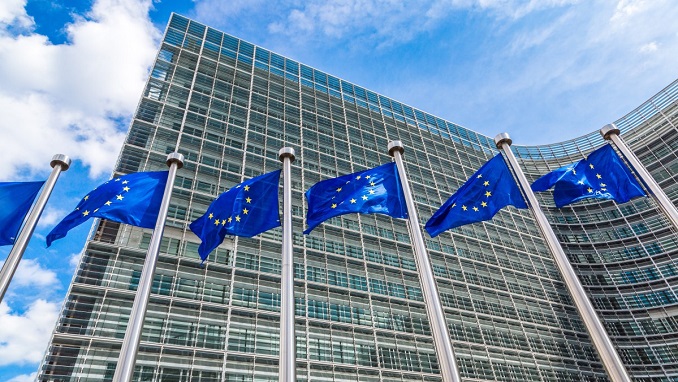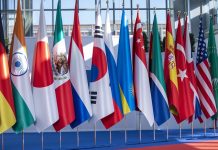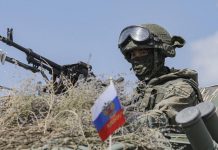EU leaders on Tuesday once again decided to extend the anti-Russian economic sanctions, which have been in effect for seven years, the head of the European Council Charles Michel wrote on Twitter.
“We have extended our economic sanctions against Russia: Moscow must fulfill its part of the Minsk agreements,” the head of the European Council noted.
He also said that the European Union will continue to consider possible formats and conditions for a dialogue with Russia.
EU economic sanctions target the financial, energy and defense sectors in Russia. In particular, for a number of Russian banks and companies, access to the primary and secondary capital markets of the EU is limited, a ban has been introduced on the import and export of weapons and dual-use goods. In addition, the European Union limited the access of the Russian side to a number of technologies and services for oil production and exploration.
Initially, these sanctions were introduced by the European Union on July 31, 2014 for a period of one year. In March 2015, the duration of the sanctions was linked to the “full implementation of the Minsk agreements.”
From now on, the restrictions have been extended every six months for six consecutive years. Before the decision to extend the sanctions, the EU countries are assessing Russia’s implementation of the “Minsk agreements”.












